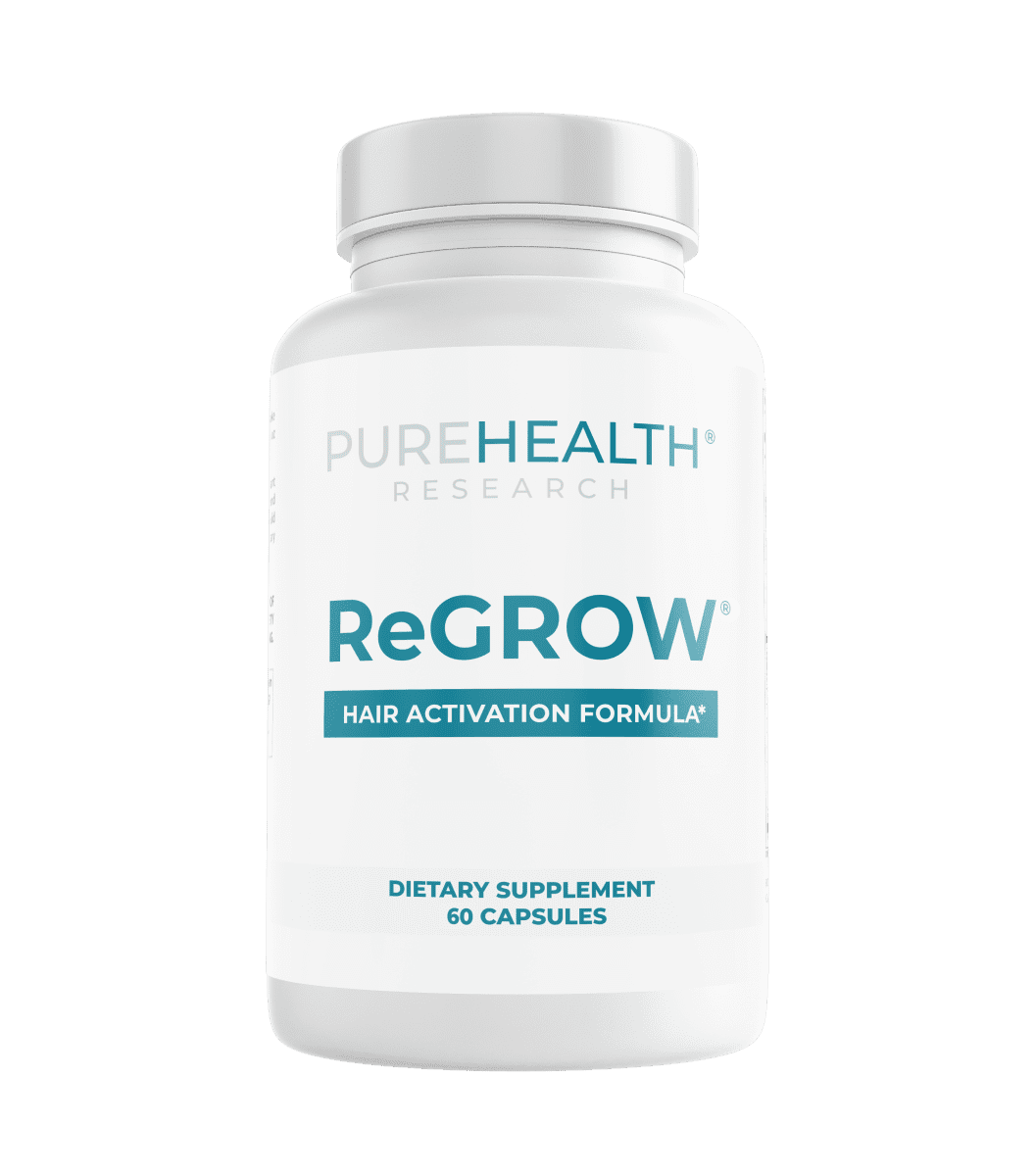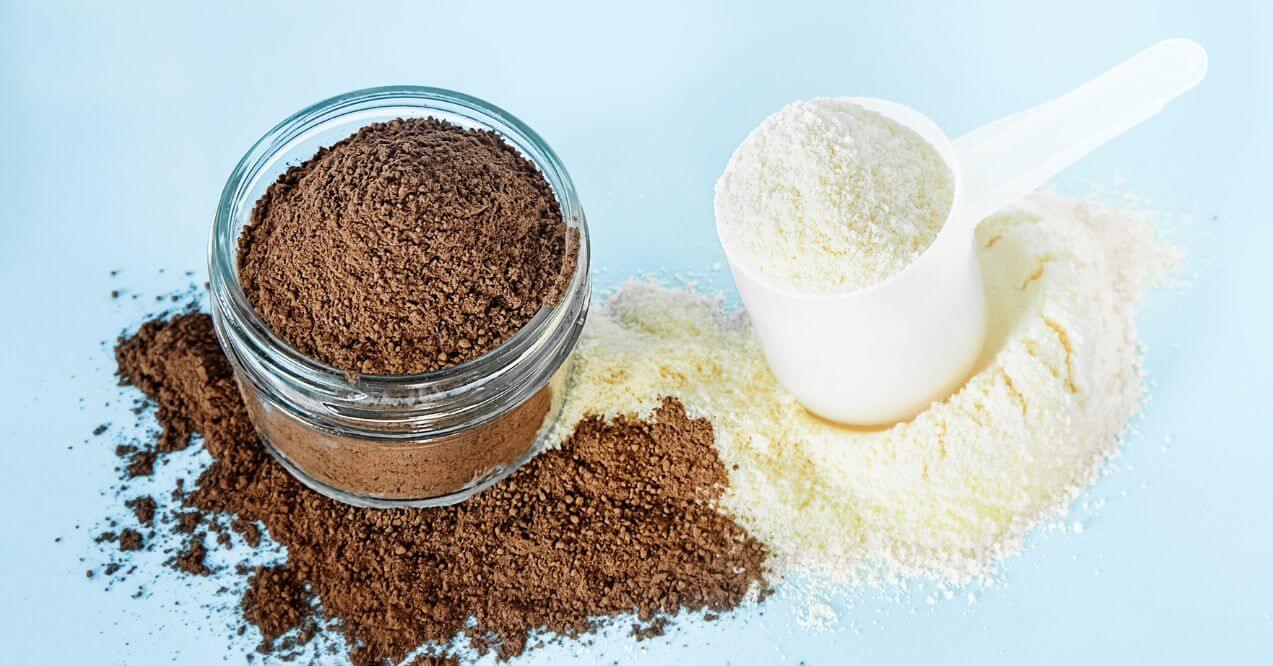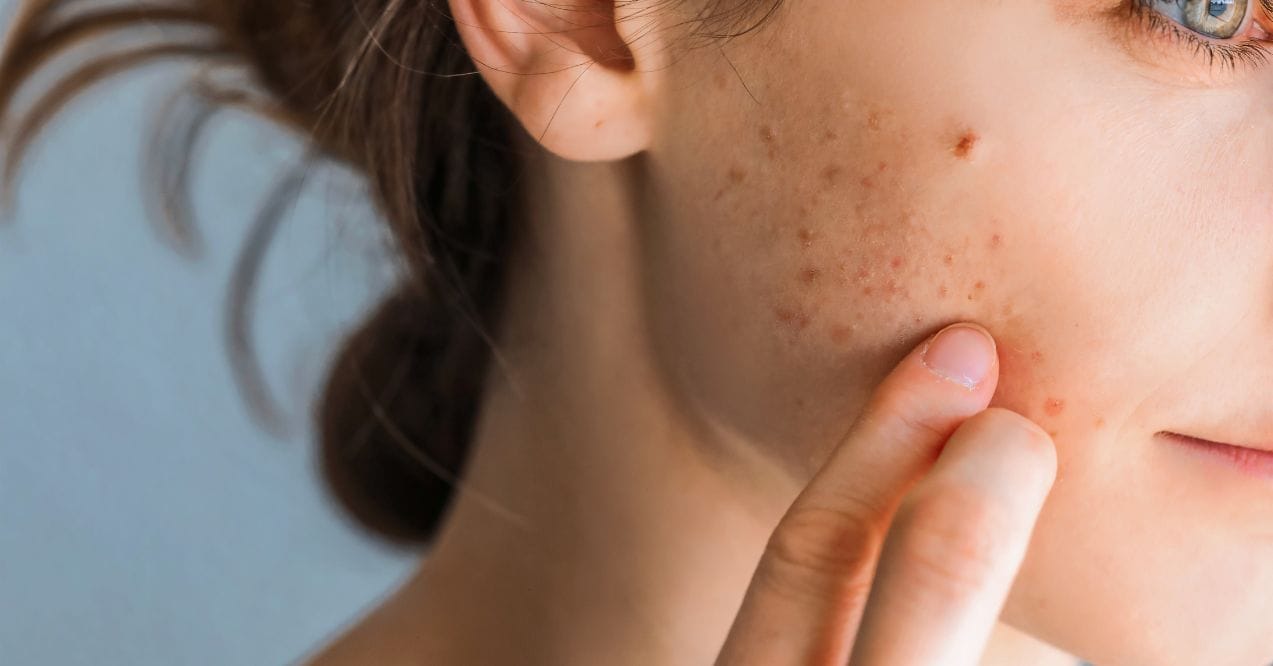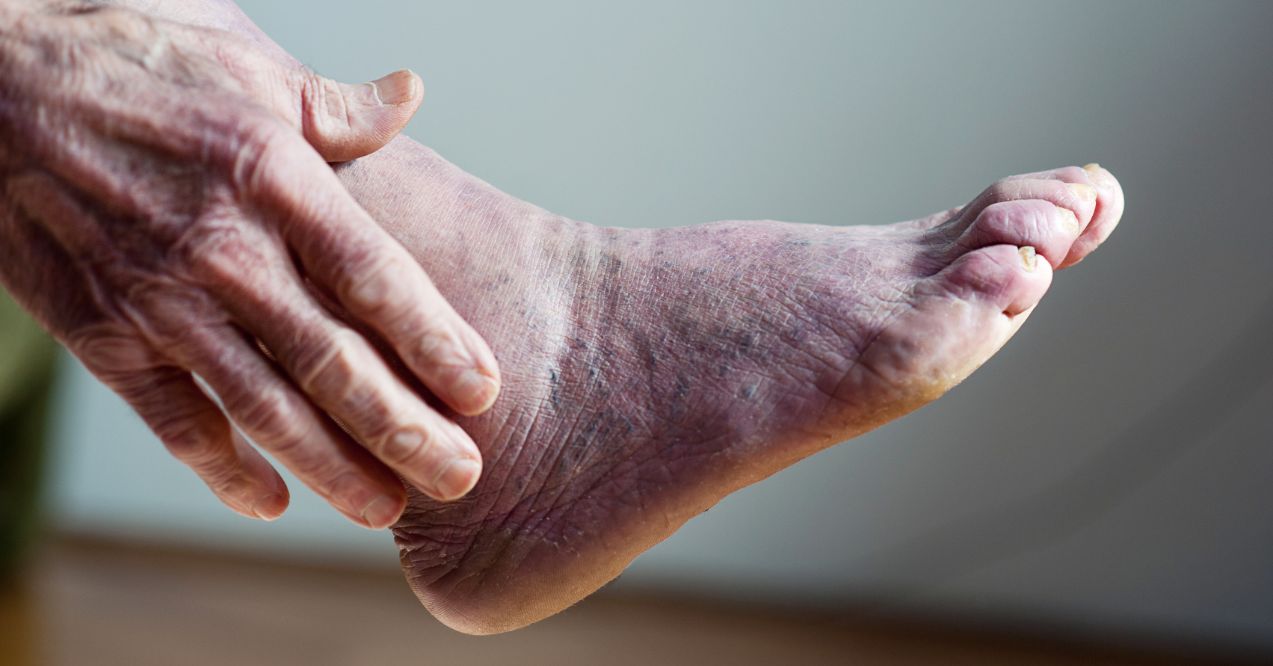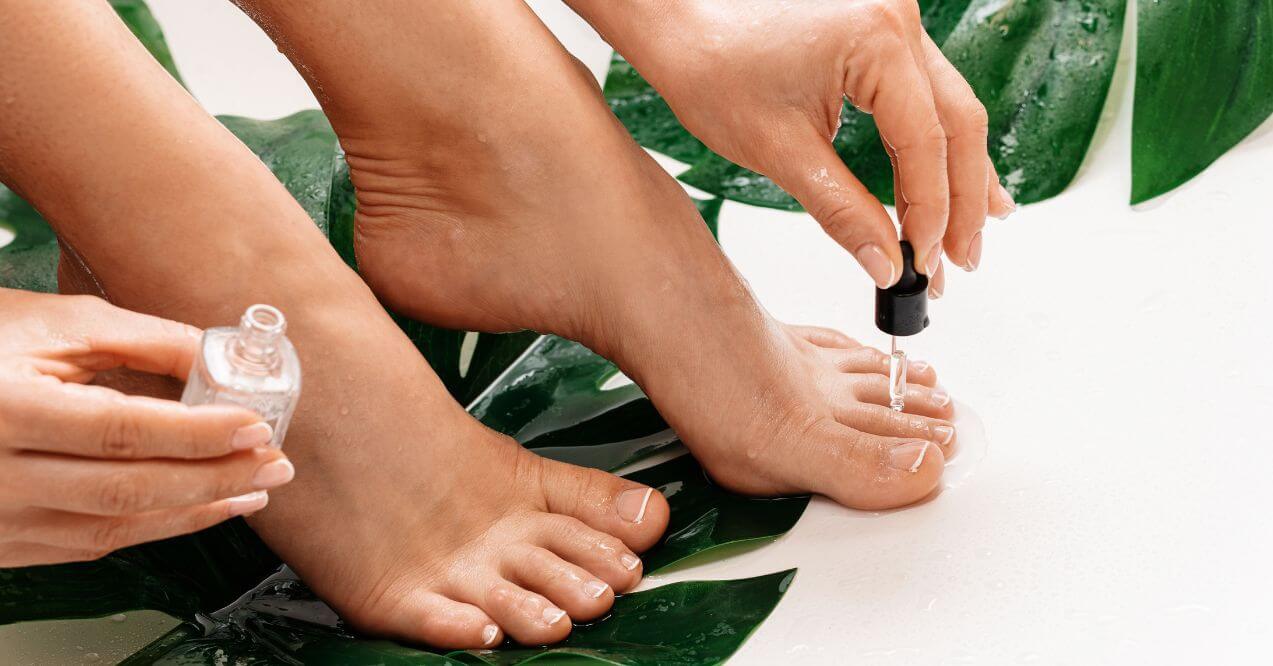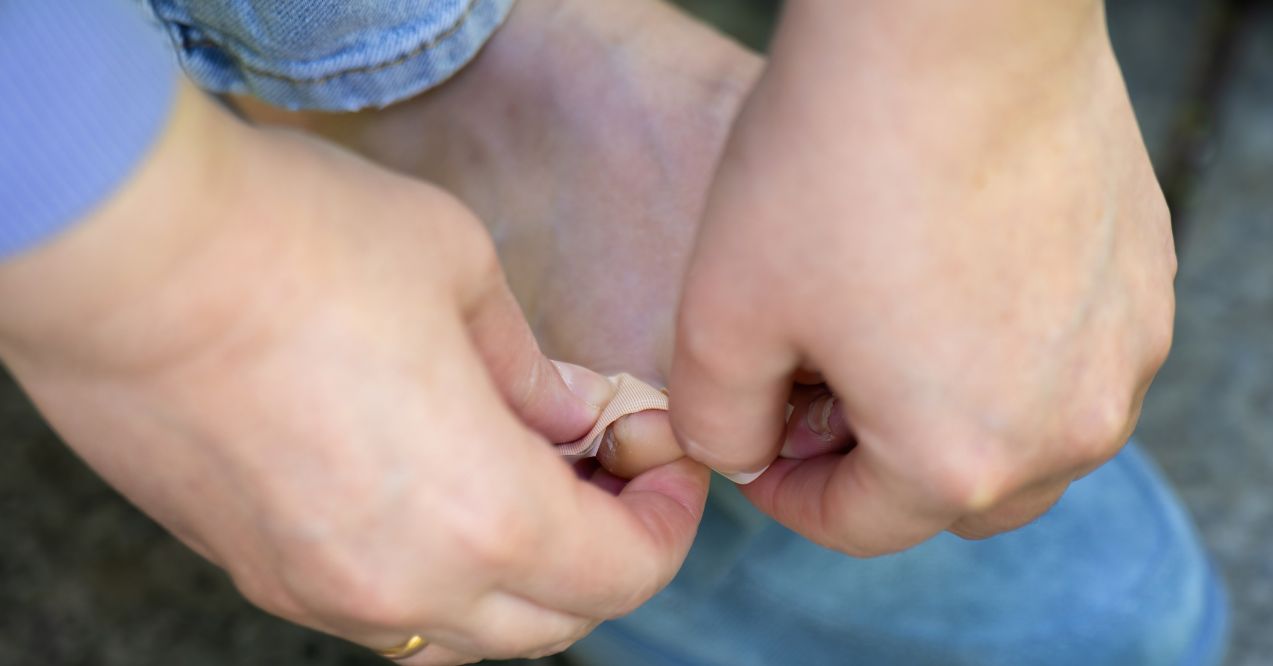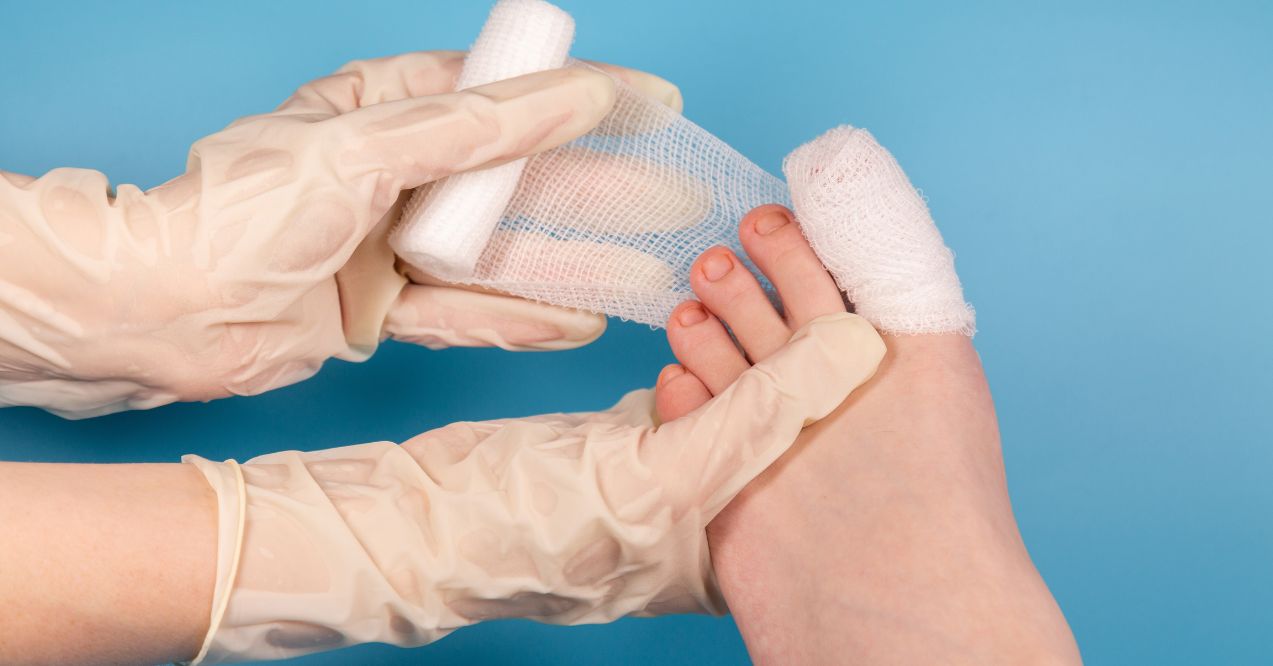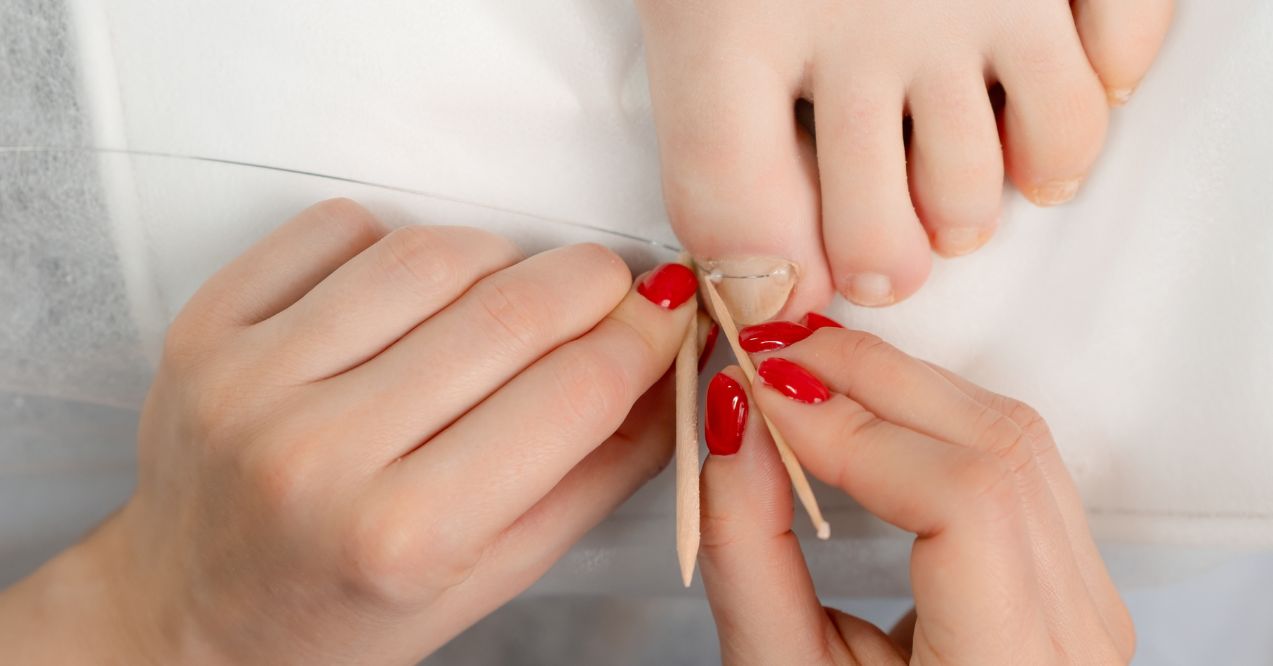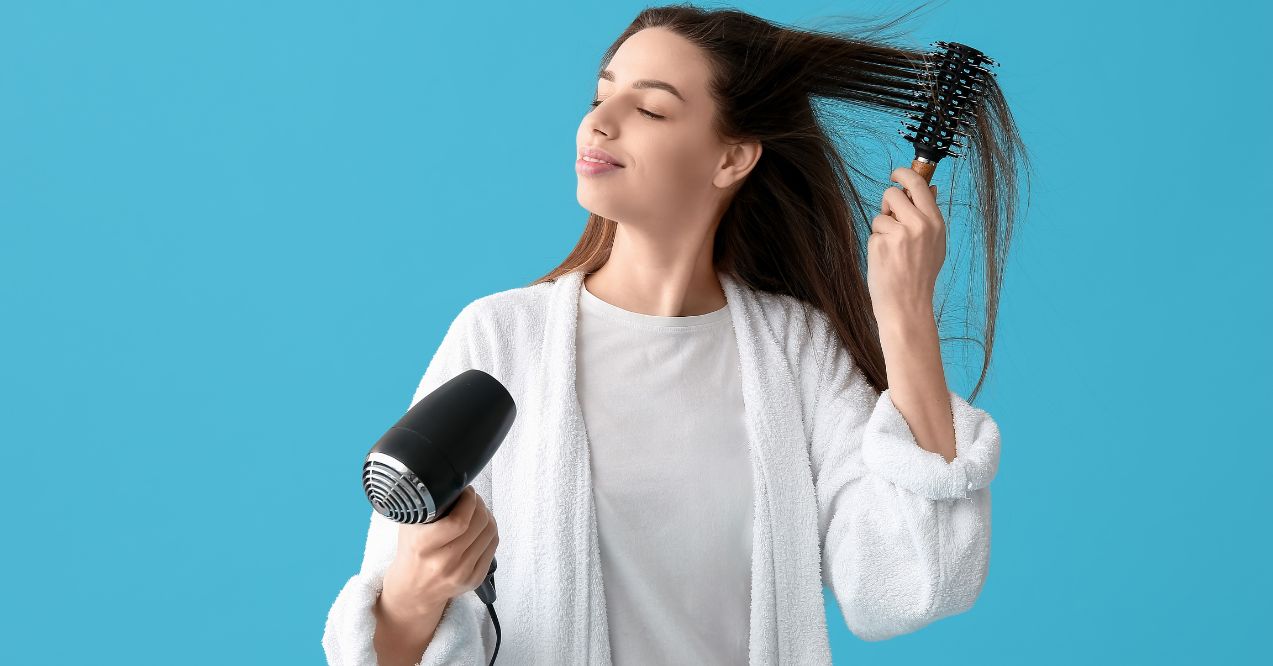The Surprising Link Between Energy Drinks and Hair Loss
Medically reviewed by our experts
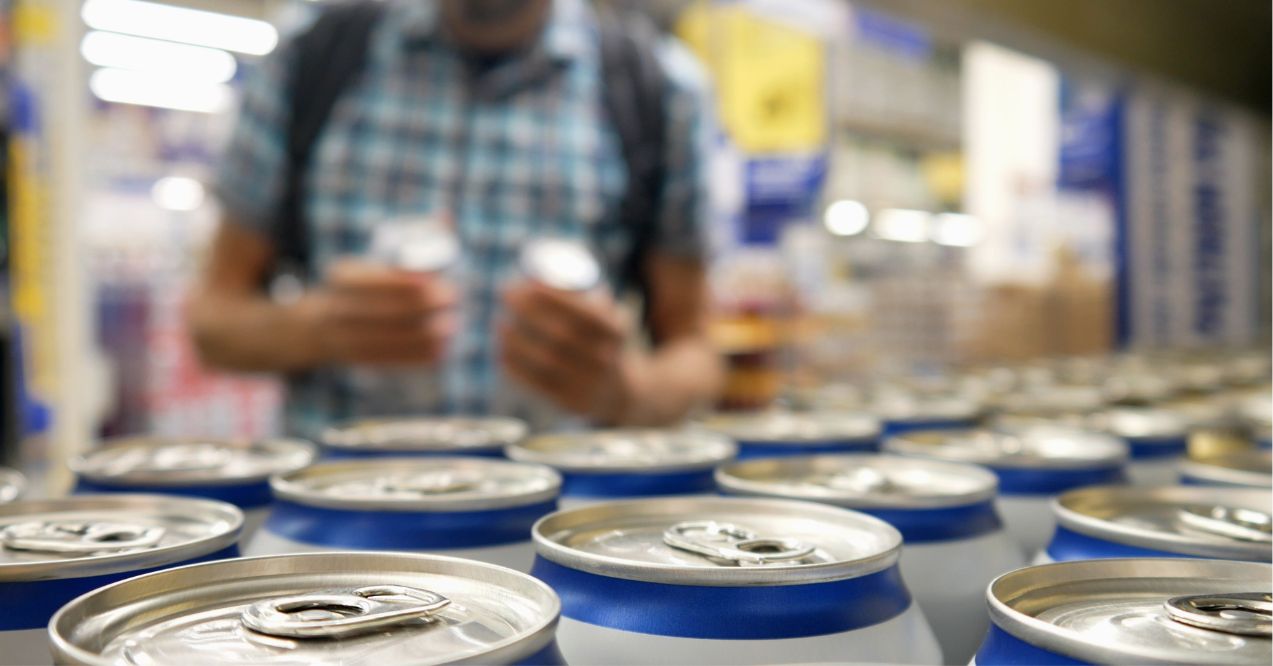

In recent years, the conversation surrounding energy drinks and hair loss has captured the attention of many, sparking both curiosity and concern. Marketed for their ability to boost energy, improve concentration, and enhance physical performance, energy drinks have become a staple for many in their daily routine. However, amidst their growing consumption, concerns have also surfaced regarding their potential health implications, particularly hair loss.
Therefore, this blog post aims to shed light on the surprising connection between energy drinks and hair loss, exploring the nuances of how ingredients commonly found in these beverages could potentially contribute to hair thinning or loss.
The Relationship Between Energy Drinks and Hair Loss
Existing research and observations have hinted at a connection between the regular consumption of energy drinks and hair loss. This correlation has drawn attention from various quarters, sparking a debate on the role of diet and specific ingredients in maintaining healthy hair. Energy drinks are known for their high caffeine content, alongside other ingredients that can potentially influence the body’s physiology in ways that might not always be beneficial for hair health. Here is a breakdown of what goes into energy drinks and how these components could potentially affect hair loss:
- High Levels of Caffeine – Prolonged exposure to high amounts of caffeine can potentially disrupt the hair growth cycle, leading to premature shedding.
- Sugar and Artificial Sweeteners – Excessive sugar intake can lead to spikes in glucose hormone levels, which might indirectly contribute to hair thinning.
- Minerals – Some energy drinks contain minerals that, when consumed in excess, can disturb the body’s natural balance and potentially impact hair growth.
Understanding these components and their potential impacts is essential in addressing the issue. For those wondering how to stop hair loss and regrow hair naturally, it is beneficial to understand the comprehensive approach to overall health. By prioritizing health across multiple aspects, individuals can support healthy hair growth and maintain strong, beautiful hair.
Do Energy Drinks Cause Hair Loss?
The question of whether energy drinks and hair loss can be linked is a topic of considerable debate, inviting scrutiny from various scientific studies and expert opinions. On one side of the argument, there are those who point to the ingredients in energy drinks, such as caffeine and sugar, could indirectly influence the health of one’s hair.
Caffeine, while a known stimulant, can, in excessive amounts, potentially affect the hair growth cycle by shortening the growth phase, leading to earlier transition to the shedding phase. Similarly, the beverages high in sugar can cause spikes, which might disrupt hormone levels and indirectly impact hair health.
However, it is important to note that there is a lack of direct scientific evidence conclusively linking energy drinks with hair loss. Many studies exploring the effects of caffeine and sugar on the body do not specifically address hair loss, making it challenging to draw definitive connections.
Additionally, hair loss can result from a myriad of factors, including genetics, stress, nutritional deficiencies, and health conditions, complicating the task of pinpointing energy drinks as the sole cause.
Can Energy Drinks Cause Hair Loss in Females?
Can energy drinks cause hair loss in females? This question has become increasingly relevant as more women report concerns about hair thinning and loss in relation to their consumption of energy drinks. These beverages, known for boosting energy and improving focus, might also have unintended effects on hair health, particularly in females.
The connection between energy drinks and hair loss in females could be influenced by the hormonal and physiological differences that exist between genders. Ingredients such as caffeine, which is abundant in energy drinks, can have a significant impact on the body’s hormonal balance.
In females, hormonal fluctuations are a natural part of various life stages, such as menstruation, pregnancy, and menopause. Therefore, the addition of high levels of caffeine could exacerbate these fluctuations, potentially leading to hair loss.
Moreover, the stress on the adrenal glands from excessive caffeine consumption might also contribute to hormonal imbalances that are known to affect hair growth and health. While direct research on the subject is still evolving, the potential for energy drinks to influence hair loss in females warrants careful consideration and further study.
How Many Energy Drinks is Too Many?
Determining how many energy drinks is too many hinges on the caffeine content found in a typical can, which averages around 80 to 200 mg. Health guidelines suggest that adults should limit their caffeine intake to no more than 400 mg per day. Therefore, consuming more than two cans of energy drinks could push one’s caffeine consumption close to or beyond this recommended limit, depending on the specific brand and size of the drink.
Ideally, to avoid potential health risks associated with excessive caffeine intake, it is advisable to minimize the consumption of energy drinks or avoid them altogether, especially considering their potential link to hair loss and other health concerns.
Treatments For Hair Loss
Hair loss can indeed be a concerning issue for many, but the good news is that it is not solely a matter of prevention; there are treatments available that can help manage and, in some cases, reverse hair loss. The effectiveness of these treatments can vary based on the cause of hair loss and the individual’s condition.
Hair loss can indeed be a concerning issue for many, but the good news is that it is not solely a matter of prevention; there are treatments available that can help manage and, in some cases, reverse hair loss. The effectiveness of these treatments can vary based on the cause of hair loss and the individual’s condition. If you’re wondering how to fix stunted hair growth, incorporating targeted hair care products, maintaining a healthy diet rich in vitamins and minerals, and exploring medical treatments like minoxidil or platelet-rich plasma therapy may help stimulate hair regrowth and improve overall hair health.
For those wondering how to fix stunted hair growth or how long does it take for hair to grow back, the answer depends on the treatment method chosen and the person’s unique hair growth cycle. Now, let’s explore some of the available treatments for hair loss.
1. Topical Drugs
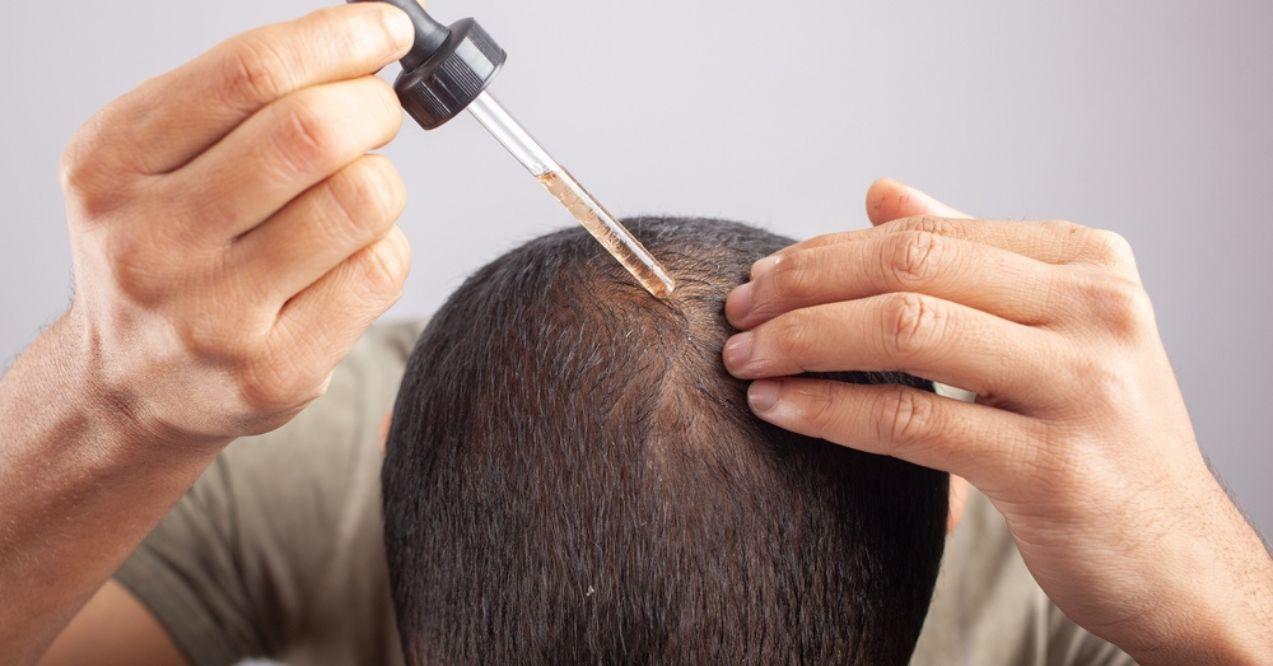
Minoxidil (Rogaine) can be an effective option to treat hair loss for both men and women. Applied directly to the scalp, Minoxidil works by enhancing hair follicle activity and stimulating hair growth. Users may need to apply it consistently for several months before seeing improvements, with ongoing use required to maintain gains.
2. Oral Medications
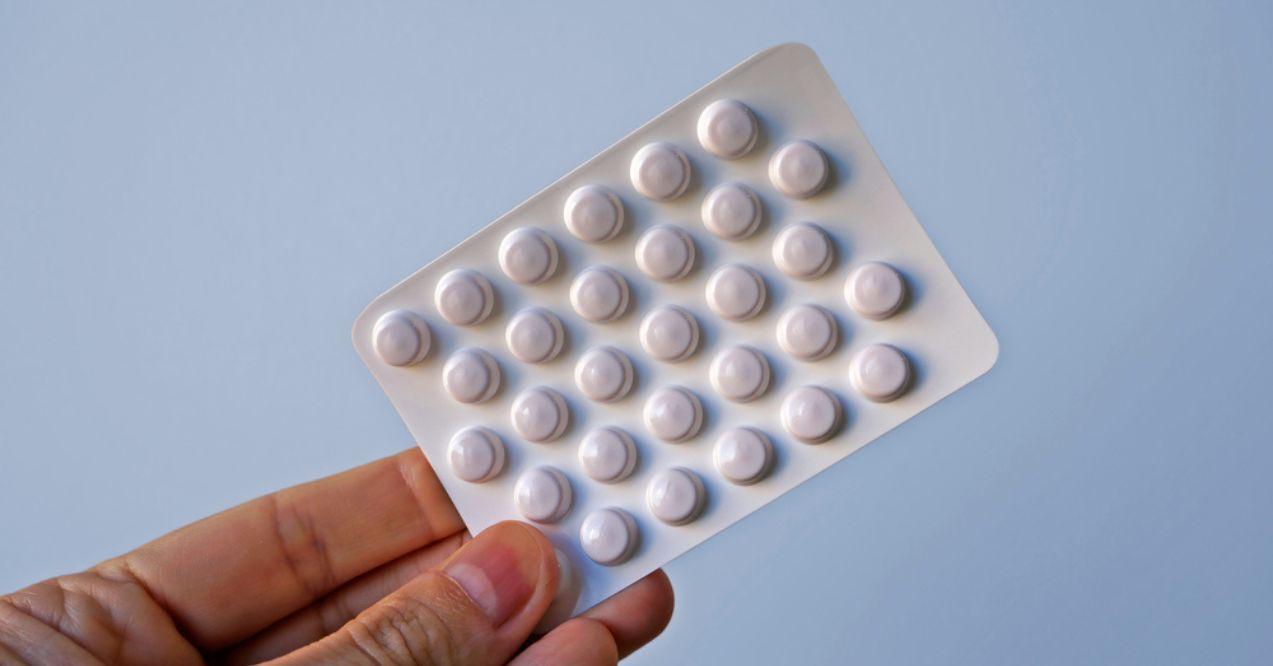
Oral treatments can also play a pivotal role in hair loss management. Drugs such as finasteride (Propecia) are prescribed primarily to men, targeting hair loss by inhibiting the hormone responsible for androgenetic alopecia, or pattern baldness. Women may be prescribed other oral medications, depending on the underlying cause of hair loss, such as hormonal imbalances.
3. Platelet-rich Plasma (PRP) Injections
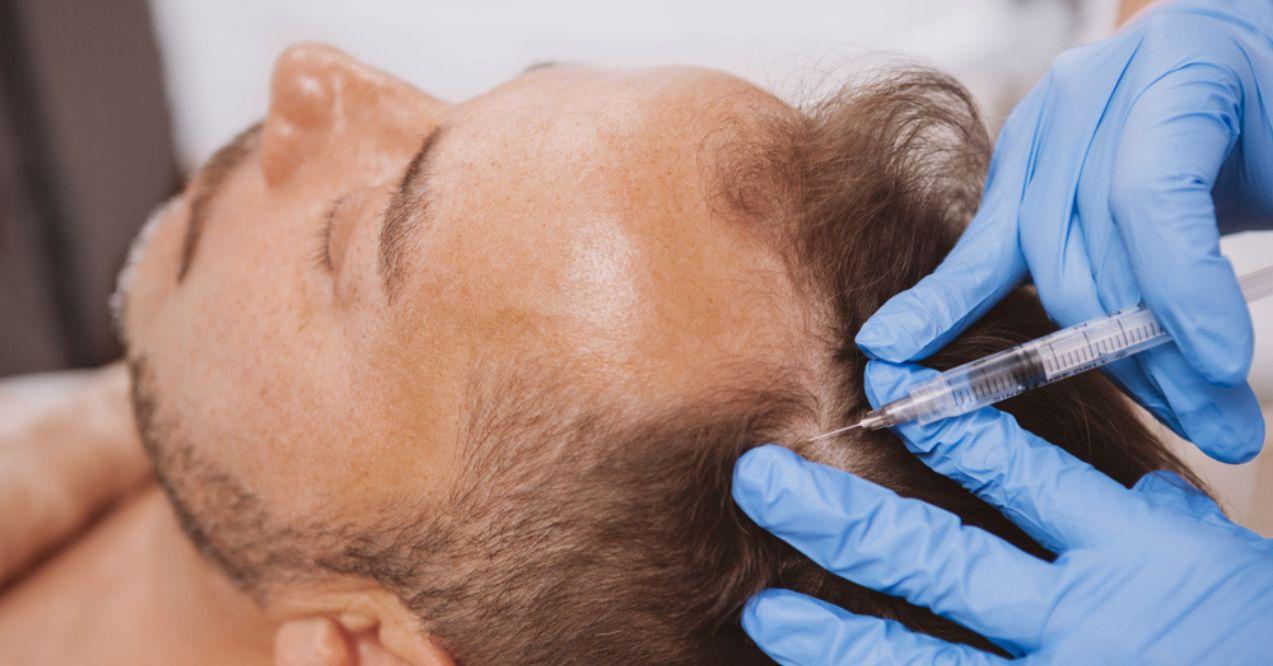
PRP injections have gained popularity as an innovative treatment. This procedure involves drawing a patient’s blood, processing it to enrich platelets, and then injecting it into the scalp. The growth factors in the platelets potentially promote hair regrowth by rejuvenating follicles and stimulating new hair growth. Multiple sessions are usually necessary to achieve visible results.
4. Laser Light Treatments
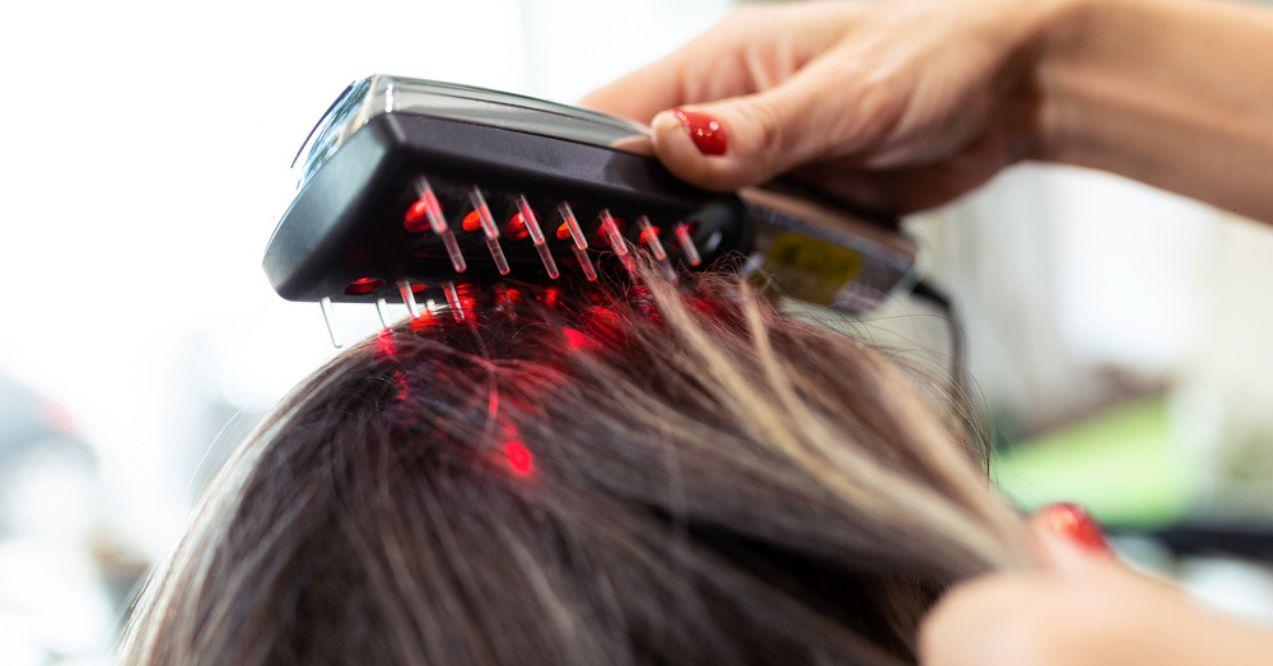
Low-level laser therapy (LLLT) is another non-invasive option. Devices like laser combs and helmets emit specific wavelengths of light intended to stimulate hair follicles by increasing blood flow and energy production around them. Though results vary, some individuals report noticeable hair growth after consistent use over months.
5. Supplements
Supplements play a significant role in supporting hair health and addressing issues associated with hair loss. For individuals experiencing hair loss due to nutritional deficiencies, incorporating supplements enriched with essential vitamins and minerals can be beneficial. One such option is Regrow Hair Activation Formula from PureHealth Research, which can aid in replenishing these vital nutrients and facilitating the regrowth of hair while enhancing overall wellness.
In essence, supplements Regrow Hair Activation Formula is meticulously formulated to provide comprehensive support for hair regrowth and overall wellness. Packed with a blend of key nutrients like Vitamin D, iron, zinc, and biotin, this supplement aims to address the underlying factors contributing to hair loss, making it one of the best supplements for skin and beauty, and aiding users who strive for thicker, stronger, and healthier hair.
One of the most notable features of Regrow Hair Activation Formula is its ability to nourish hair follicles from within, promoting optimum growth and vitality. By supplying the body with the necessary nutrients it needs for hair health, this supplement works synergistically to support the natural regrowth process.
Endorsed by Dr. Holly Lucille ND, a respected expert in naturopathic medicine, Regrow Hair Activation Formula has earned recognition for its quality and efficacy.
Lifestyle Changes

Lifestyle modifications can significantly impact hair health. Stress reduction, through practices like meditation, yoga, or regular exercise, can mitigate hair loss for some individuals. Stress is known to trigger or exacerbate hair shedding, making relaxation techniques and a balanced lifestyle essential components of a comprehensive hair care strategy.
In conclusion, treating hair loss is multifaceted, with options ranging from medical to natural approaches. The effectiveness of these options varies among individuals, and what works for one person may not work for another.
It’s important to consult with a healthcare professional to determine the most appropriate method based on the specific type and cause of hair loss. With patience and the right approach, many can see improvements and, in some cases, significant regrowth over time.
Key Takeaways
In summary, while energy drinks boost energy, their ingredients, especially excessive caffeine and sugar, may contribute to hair loss by disrupting the hair growth cycle and hormone levels. Females might be more vulnerable due to hormonal fluctuations and adrenal gland stress. Limiting caffeine intake, exploring hair loss treatments, and adopting stress-reducing lifestyle changes can help. Consult a healthcare professional to find the best approach for maintaining hair health.
Yes, certain ingredients in energy drinks, notably high levels of caffeine, can potentially contribute to hair loss. Caffeine may disrupt the hair growth cycle, leading to increased hair shedding. Additionally, sugar and artificial sweeteners in these drinks can spike insulin levels, indirectly affecting hair health.
Excessive consumption of energy drinks can indeed lead to nutrient deficiencies, impacting hair health. These beverages often contain high amounts of caffeine and sugar, which can suppress the appetite and lead to inadequate intake of essential nutrients like iron, zinc, and vitamins, vital for maintaining healthy hair growth.
The main reasons behind hair loss include genetic factors, hormonal imbalances (such as those caused by thyroid issues or pregnancy), medical conditions, stress, and nutritional deficiencies. External factors like harsh hair care practices and environmental stressors also play significant roles in contributing to hair loss.
Popular Articles
Advertisement. This site offers health, wellness, fitness and nutritional information and is designed for educational purposes only. You should not rely on this information as a substitute for, nor does it replace, professional medical advice, diagnosis, or treatment. If you have any concerns or questions about your health, you should always consult with a physician or other health-care professional. Do not disregard, avoid or delay obtaining medical or health related advice from your health-care professional because of something you may have read on this site. The use of any information provided on this site is solely at your own risk.
